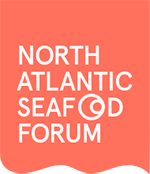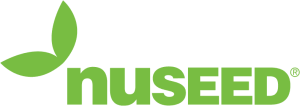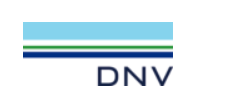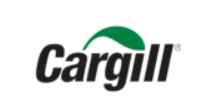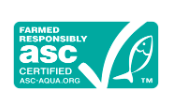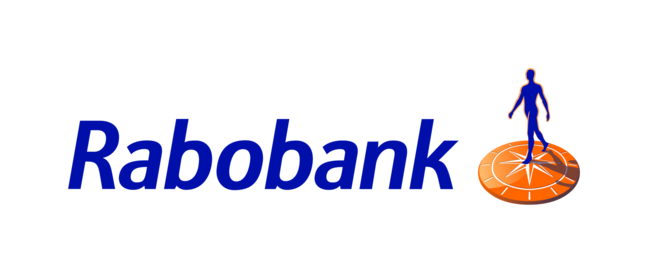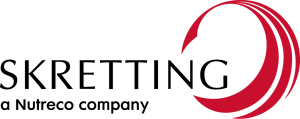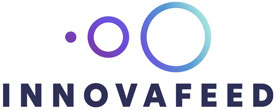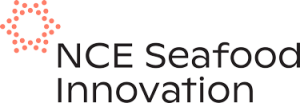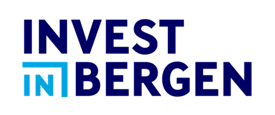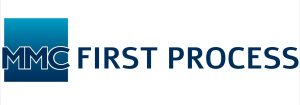Presenting companies: Corbion | MSC | Cargill | ASC | BioMar | Skretting | Mowi
Aquafeed Summit: Resilient Feed Strategies for Sustainable Salmon and Profitable Business
Introduction:
- The sustainability of the aquaculture industry is vital to meet the growing global demand for seafood while minimizing environmental impacts. As major players, salmon producers hold a critical role in driving sustainable practices, due to the industry’s significant reliance on feed resources, water, and marine ecosystem health. Sustainable approaches, such as efficient feed management, reduced waste, and innovations in feed ingredients, are essential for maintaining biodiversity, lowering carbon footprints, and ensuring long-term economic viability. By prioritizing sustainability, salmon producers can secure both their industry’s future and global food security, delivering all-time favorite food to consumers, as salmon.
- Feed is a cornerstone of salmon farming success, directly impacting fish growth, health, and overall farm productivity. High-quality, nutrient-optimized feed improves feed conversion ratios, enhancing efficiency and reducing waste. Health-focused feeds, fortified with functional ingredients, bolster fish immunity, lowering disease risks and mortality. Sustainable feed practices also reduce reliance on volatile resources like fishmeal and fish oil, providing stability in cost and supply chains. By adopting innovative feed strategies and partnering with feed manufactures, salmon farmers can enhance resilience, ensuring long-term profitability and sustainability for the industry.
Speakers
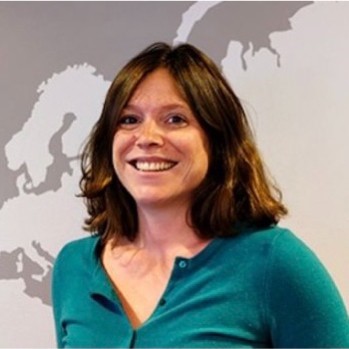
State of ingredient/raw material innovation
Reducing dependence on marine resources while improving nutritional quality and sustainability.
Lenaïg Richard
Business Development Manager Aquaculture, Algae - Corbion
Lenaïg Richard-Breivik is global business development manager for aquaculture at Corbion. Passionate about sustainable aquaculture and innovation, Lenaïg has worked in the aquaculture industry for 20 years and held global roles in R&D, marketing, and strategic business development in the aquafeed sector. She is also the author & illustrator of a children’s book focusing on sustainability and preservation of the ocean. Lenaïg holds a MSc in Aquaculture and Fisheries from Wageningen University and a PhD from the University of Bordeaux.
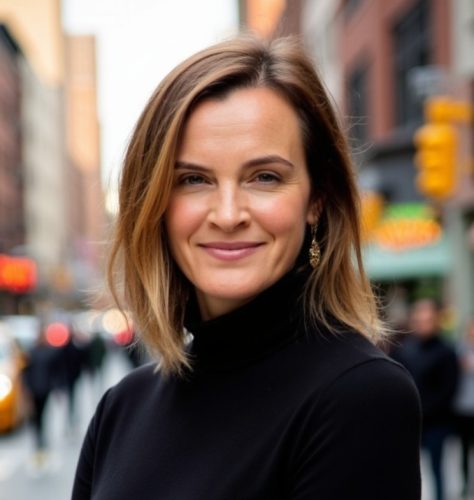
Sustainable raw materials from wild capture fisheries
Availability of feed ingredients from marine captured fisheries (meal and oil) and what portion is MSC certified, i.e. availability of sustainable marine raw material and that then as % of the total requirement of raw material
Erin Priddle
MSC
Erin is North Europe Regional Director at the Marine Stewardship Council and has over 20 years’ senior fisheries management experience working in diverse geographical regions across Europe, Africa, and Asia. She has led programmes within numerous International NGOs and worked within central government fisheries departments developing policy to inform good fisheries management and governance at both local and international levels. Graduating from Marine Institute of Memorial University, Dalhousie University, and the London School of Economics, Erin has kept fisheries front and centre of her academic research and professional career.
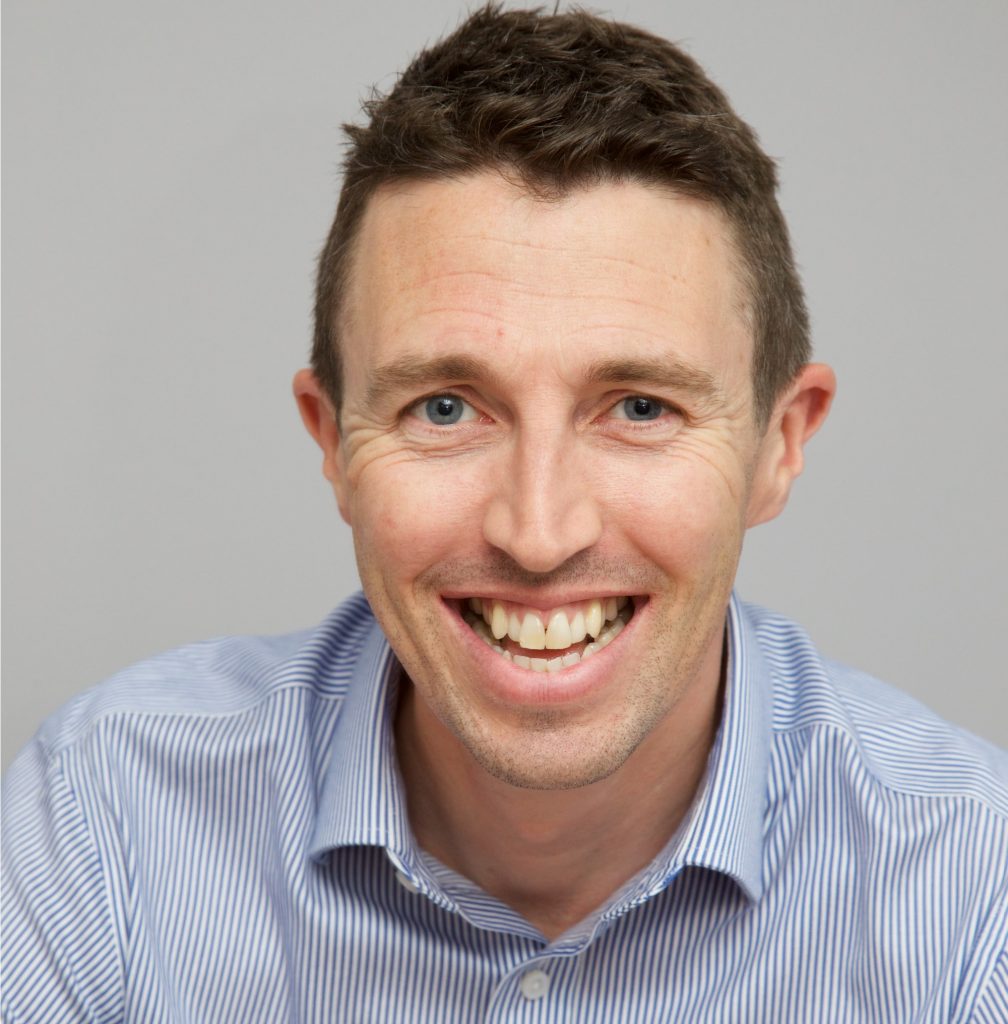
Raw material resilience
Strategies that reduce dependence on single sourcing markets and limited resources against price volatility and environmental challenges, ensuring long-term sustainability and profitability.
Tom Windscheffel
Senior Director, Risk Management and Sourcing - Cargill
Tom is the Senior Director of Risk Management and Sourcing for Cargill’s Animal Nutrition and Health Enterprise (ANH) in EMEA and Cargill’s global salmon business. With a background in finance and accounting, Tom joined Cargill in 2009. He started his career in the UK, working in Cargill’s Agricultural Supply Chain business, supplying feed ingredients & vegetable oils to the UK & Norwegian feed industries. Tom subsequently moved to Geneva, Switzerland, where he was part of the global trading team for Cargill Animal Nutrition. Most recently, he has been based in Bangkok, Thailand, for the past 2.5 years, overseeing risk management and sourcing for Cargill’s Animal and Aqua nutrition businesses in South East Asia.
Tom’s extensive experience in risk management, sourcing, and trading, combined with his financial expertise, makes him a key leader in Cargill’s global operations. He is now relocating back to EMEA to continue driving success in the region.
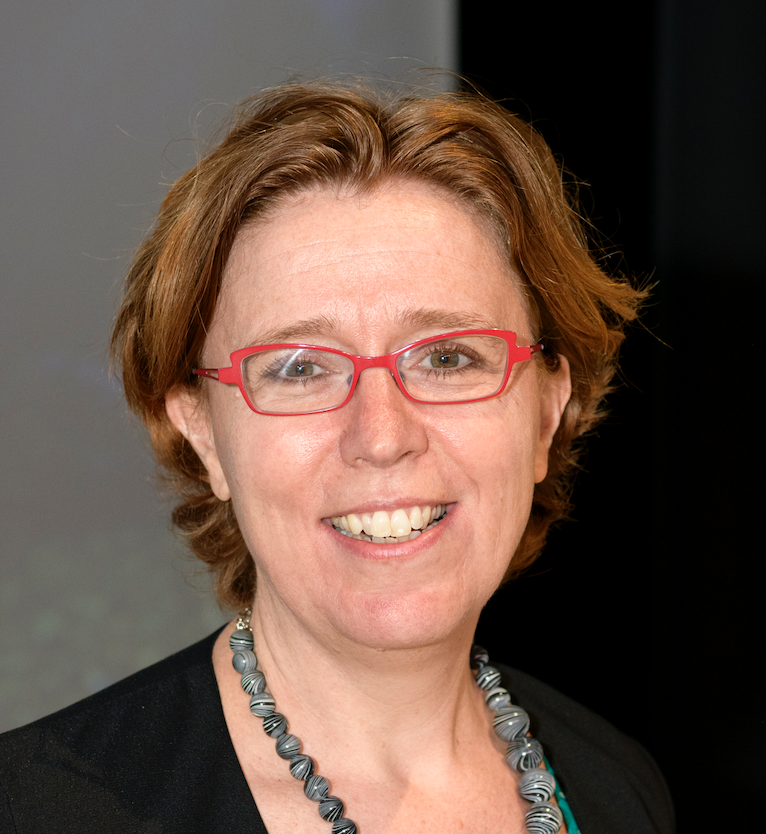
The need for a holistic approach to responsible feed
Feed consists of many ingredients all with their own sustainability challenges. And we all know responsible aquaculture requires responsible feed. An important challenge for addressing sustainability in feed is driving transparency and traceability in supply chains for the wide variety of ingredients being used. ASC feed certification provides feed companies with a tool to systematically approach and evidence the use of low-risk ingredients and to work towards deforestation free ingredients as well as improving fisheries.
Esther Luiten
Program Delivery Director - ASC
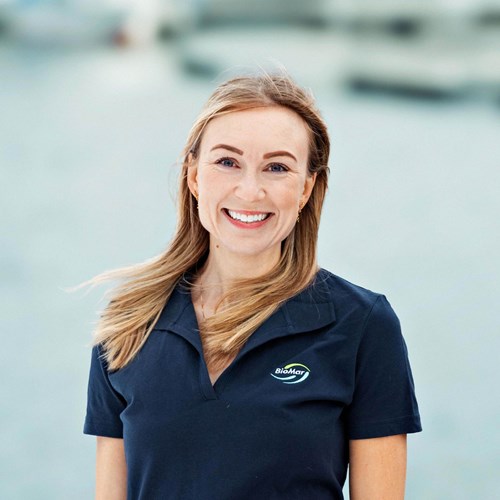
Health-focused feeds
How clinical nutrition and functional feeds can enhance fish health and increase survival through challenging periods.
Marte Hauge
Product specialist in Health - BioMar
Marte Hauge is a Product Specialist in Health at BioMar and has been part of BioMar's health team for seven years, focusing on how feed can improve health and welfare in farmed salmon. She is a veterinarian and studied at the Faculty of Veterinary Medicine, NMBU.

Using health monitoring to predict the outbreak of diseases.
Examples for several value chain collaborations and the results from proactive use of precise nutrition.
Mads Martinsen
Director Marketing and
Sustainability - Skretting
Mads Martinsen is the Director of Product Development and Sustainability at Skretting Norway. He holds an MSc in Fishery Science from the University of Tromsø and has dedicated his entire career to the aquaculture industry.
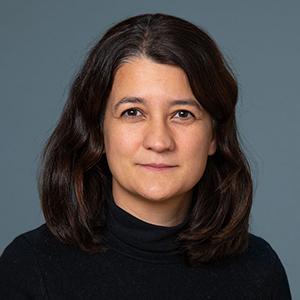
Efficiency through precision
Use of AI and data analytics in feed management to optimize feeding patterns, monitor fish health in real-time, and reduce waste. Efficient feed conversion ratios (FCR) also lead to lower costs and higher yields.
Catarina Martins
Chief Technology and Sustainability Officer - Mowi
Catarina Martins is the Chief Sustainability and Technology officer at Mowi ASA (Norway). Catarina coordinates the implementation of Mowi’s sustainability strategy, Leading the Blue Revolution Plan, which includes the vision of unlocking the potential of the oceans to provide healthy and sustainable food for a growing world population. In addition, she also leads the group’s innovation activities with a team of international experts on fish health and welfare, fish quality and processing, seawater and freshwater production technology and data analytics. Catarina has a PhD in Aquaculture from Wageningen University (The Netherlands), an MBA from The Norwegian School of Economics (Norway), an MSc in Marine Biology from the University of Lisbon (Portugal) and supplementary education on Corporate Sustainability from Harvard University (USA). Before starting at Mowi in 2013, Catarina hold several positions as senior researcher at Wageningen University, at the Centre for Marine Sciences (CCMAR) in Portugal and at the University of Veterinary Medicine in Vienna, Austria.
Long-Term Business Health:
- Resilient feed strategies are more cost-effective in the long run by lowering input volatility and environmental risks.
- Salmon producers benefit from healthier fish, more predictable outcomes, and access to premium markets that value sustainability and transparency.
- Collaboration with feed companies to develop customized solutions that meet specific farm needs, such as local ingredient sourcing, ensures resilience against global market disruptions.
- Sustainable practices reduce the environmental footprint of salmon farming, opening the door to new certification and premium product labeling.
- Resilient feed strategies build trust with consumers and partners, boosting business reputation and long-term market access.
Conclusion:
- The future of salmon production depends on feed solutions that ensure both economic and environmental resilience.
- Now is the time to invest in research, partnerships, and technologies that will foster innovation and healthier business outcomes for producers.
Call to Action:
- Encourage stakeholders to commit to developing and implementing resilient feed strategies that will strengthen the entire aquaculture value chain..
